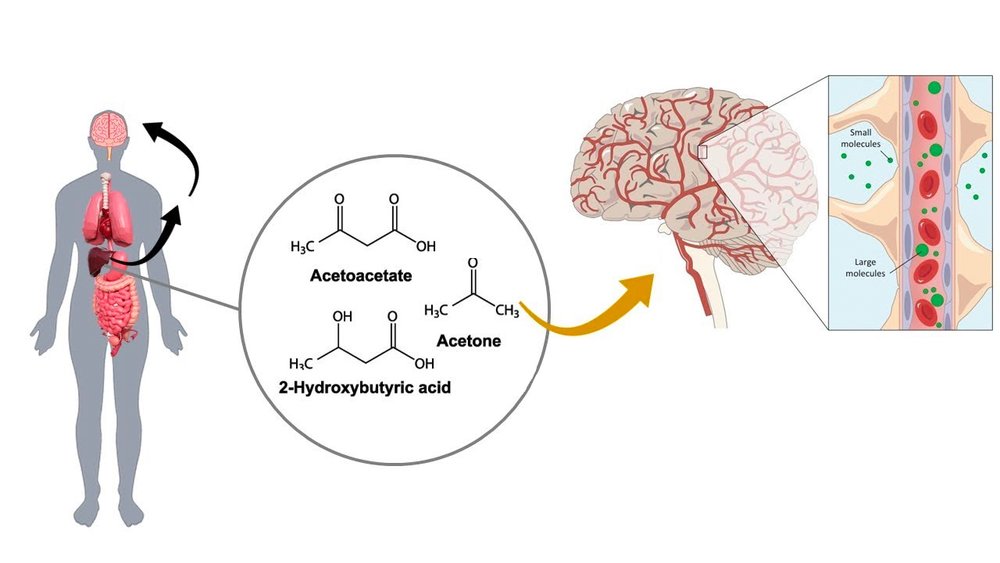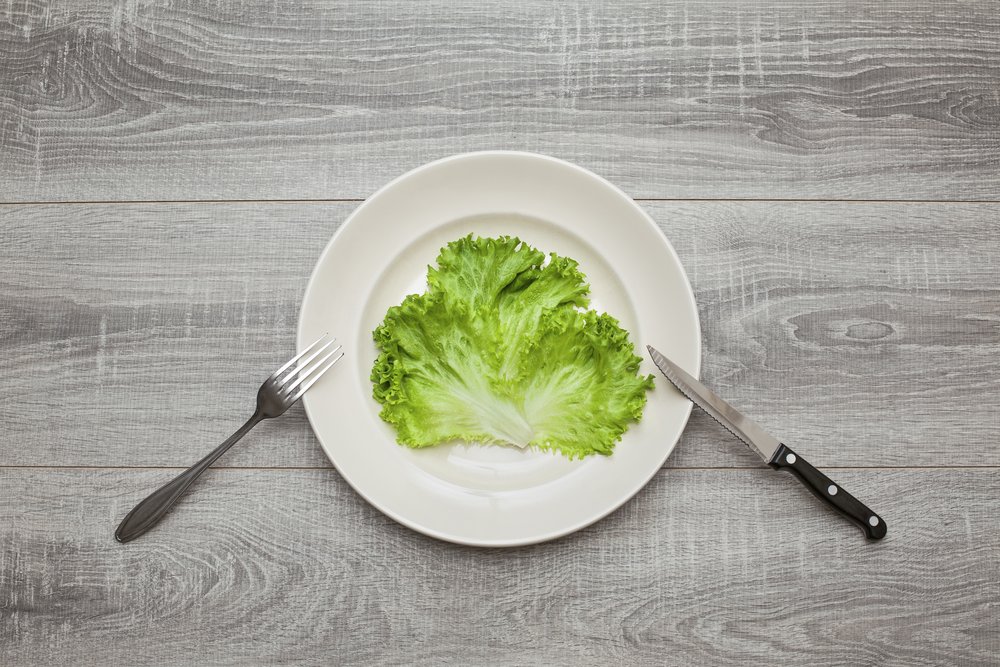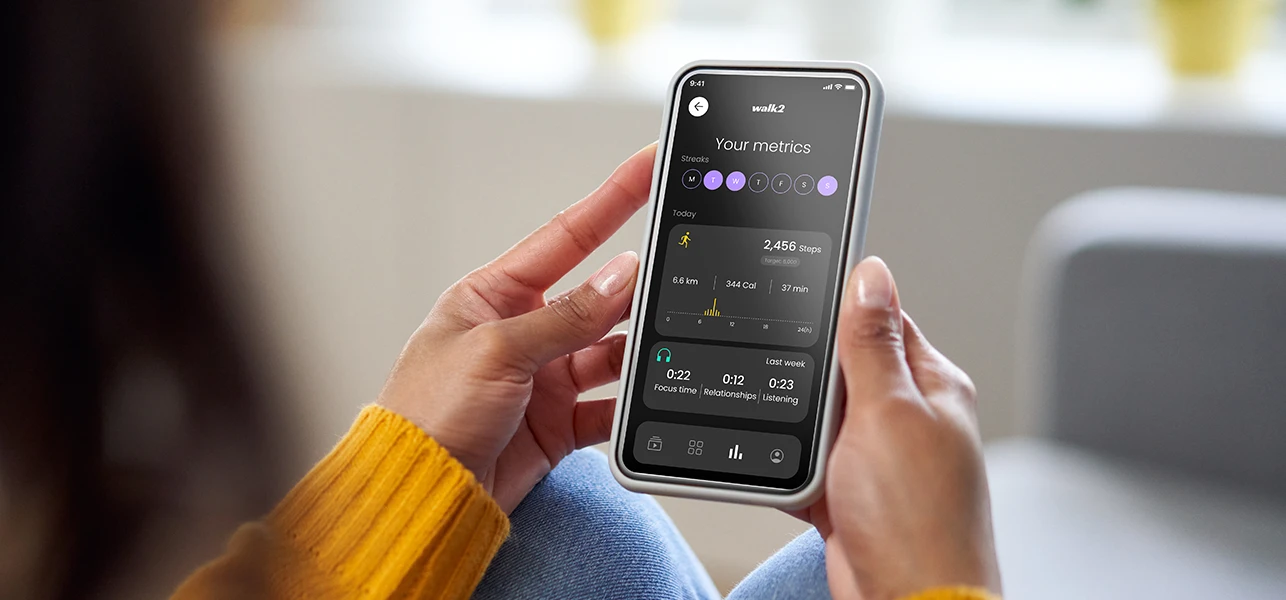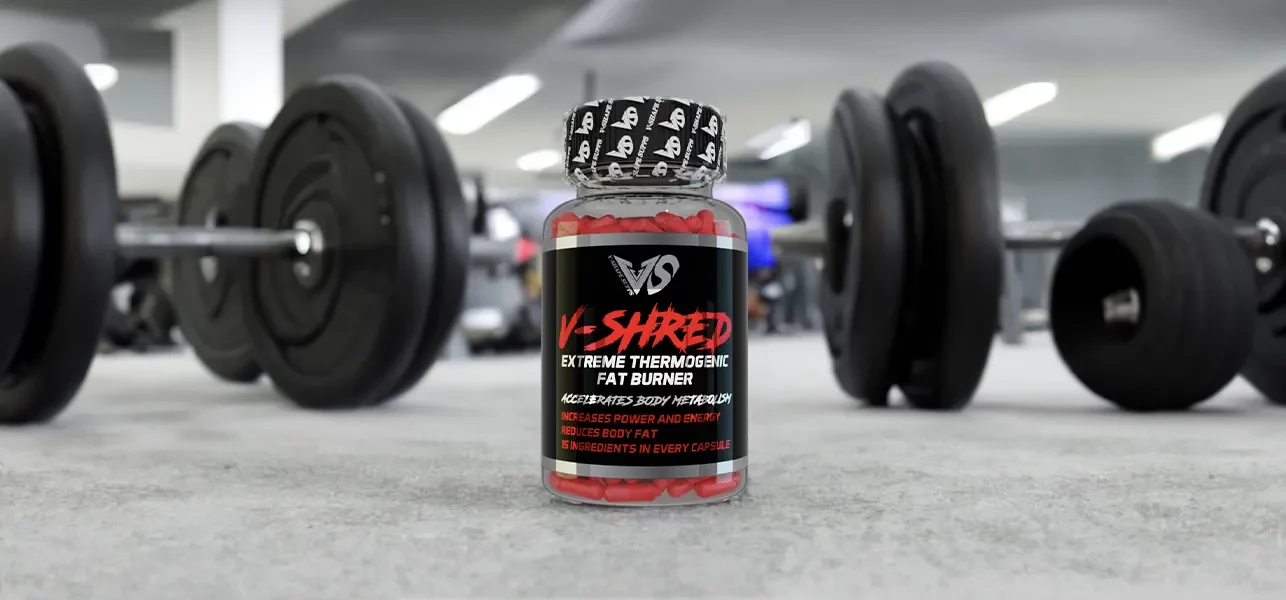Weight Loss After 70: Key Principles, Mistakes, And Strategies

When you hit 70, many of the critical functions your body once excelled at decline drastically.
Perhaps you’re feeling less energetic, or maybe you’ve gained weight that’s just not coming off no matter what you do?
That’s absolutely normal and happens to most of us as we age. In fact, the average American gains one pound of additional weight each year from the age of 25 – or 35 additional pounds by the time they’re 70. So, what’s going on here?
As you age, your metabolism starts to slow, causing weight gain. At the same time seep quality and energy levels begin to decrease, so you might not be moving as much. Metabolism-boosting hormone levels decline, leading to excess fat around your waist, hips, and thighs and as a result, muscle loss happens.
The good news? You can slow down these processes and enjoy radically better health. However, most people over 70 make these 4 critical mistakes that may keep them from making any progress. Are you sabotaging yourself without even knowing? Read on!
Fit and Fabulous at 70+: Avoid These 4 Weight Loss Mistakes
Losing weight as you getting older is not that easy. Here are the 4 mistakes that makes weight loss even harder.
#1 You ignore the metabolism

Advertisement
One of the most common weight loss tactics is simply cutting out entire food groups – like carbs or fats – that you were made to think cause weight gain.
The problem is that this is a simplistic approach that doesn’t work.
As you age, your body needs a certain amount of nutrients, including carbs, protein, and fat, plus the vitamins, minerals, and antioxidants that come with those foods to keep your metabolism going.
When you reach 70, your metabolism slows down drastically, and if you deprive your body of essential nutrients, it won’t be able to burn calories efficiently and will end up storing them as fat.
Weight loss diets often exclude some of the food groups entirely. Is it a good approach if you want to lose weight?
Well, no. Instead of cutting out foods because some “new” diet out there recommends it, you should include them as part of a balanced diet that’s working for you instead of against you. Finding the right combination of foods ensures that your body is getting all the nutrients it needs to keep your metabolism working to your advantage.
| Tip #1: You need to balance out carbs, fiber, fats, and protein-based on your age, physical shape, and medical conditions if you want to achieve sustainable weight loss results and stay at your healthiest. Nutritional imbalances may put you at risk of diabetes and heart diseases. The best way to ensure that your body is getting everything it needs to thrive is to follow a personalized custom diet plan with professional guidance. |
#2 You are over-restricting yourself and over-indulging later

Remember that old saying, “you want what you can’t have”?
Now, raise your hand if you’ve ever started a healthy food kick only to start desperately missing your favorite treats by like, day 2?
That’s where eating healthy for weight loss gets a little tricky.
When you restrict foods you think are “bad” (hello, cookies and chocolate), you trigger that pesky little voice in your brain known as the “scarcity mindset” and will soon find yourself craving obsessively and overeating. It’s all downhill from there.
Any of this sounds familiar?
- You restrict yourself only by allowing yourself to eat certain foods that are good and cutting out foods that are bad.
- You struggle: you start thinking about the food you’re trying to avoid and crave it obsessively. Weight loss process should not be that hard. It is impossible to maintain healthy weight if you are always obsessing about specific food.
- You overeat: you cave into the craving, eat the food you’re trying to avoid, eat MORE of it than usual, and feel out of control.
- You feel guilty and full of regret about caving into the craving and tell yourself that you have no willpower.
- You repeat: starting right back at the top.
You don’t have to fight the foods you love because you can lose weight without having to struggle every single day. Following too restrictive weight loss diets are unsustainable and can damage your health in ways that will be hard to reverse.
But that also doesn’t mean that you should feast on whatever comes your way.
| Tip #2: Eating foods you love AND losing weight is possible. The key is finding that happy medium between eating what you love and eating a healthy, well-rounded diet. You can easily do that by following a customizable diet plan based on your needs and preferences. That way, you’ll be able to enjoy your favorite foods without ever feeling deprived – all while changing your health for the better and dropping pounds along the way. |
#3 You are not getting enough exercise

As you get older, life becomes more sedentary, and you start losing muscle mass quite rapidly. Did you know that by the time you’re 70, you can lose up to 30% of the muscle mass you had when you were younger?
Why does it matter?
Muscle is a metabolically active tissue, which means the less you have, the lower your metabolism and the fewer calories you burn all day long.
That explains why you’re more likely to put on – and hold on to – those extra pounds when you hit 70. The good news is that adding some exercise into your life can help reverse muscle loss and rev up your metabolism significantly. Even moderately intense exercises can helo you to lose weight.
No one is suggesting you run a marathon, but you should move your body for 30 minutes each day.
You might have back pain, aching joints, or a stiff neck, but there are lots of low-impact activities that are safe for you and might actually help reduce pain – like walking, stretching, or a little bit of cardio.
Exercise is one of the most effective non-drug treatments for reducing pain and boosting your metabolism, but you have to do it right.
You want to build muscle mass as much as possible, but your body needs time to adapt, so you’ll want to start slow, and also make sure your exercise and diet go hand in hand.
| Tip #3: Exercise is definitely a good habit, but if you’re just starting out, be careful. It needs to be adjusted to your physical level and any existing conditions to prevent injuries. The recommended approach is to incorporate exercise gradually as part of a personalized training and diet program. |
#4 You are giving up too early

Chances are, by the time you’re 70, you’ve tried your fair share of diets and work-out gimmicks that only left you frustrated and hopeless.
OR you’ve found yourself thinking that gaining weight is part of the aging process, that some of your previous lifestyle choices have done irreparable damage, or perhaps that it’s simply too late.
It’s just as possible to achieve better health and lose weight in your 70s as it was when you were 20. You simply need the right tools.
Forget what you’ve heard on TV, read in magazines, and all those “magical” quick-fix weight loss solutions out there.
They don’t work because they’re created for the masses. Unfortunately, there isn’t a one-size-fits-all approach to weight loss or improving your health.
| Tip #4: The surprising outcome of aging is that your old routines don’t work anymore. You need to build new ones that celebrate the new stage of your life. If you’ve tried and failed before, it’s simply because you didn’t have the right tools. You CAN get healthy. You CAN lose weight. And you CAN enjoy a longer and happier life if you simply try a new routine that’s designed specifically for you. |
We know it can get tough, but it doesn’t have to be. If you simply stick to the right diet and exercise plan, your body will take care of itself over time, and you’ll reap the rewards soon after!
Conclusion
In conclusion, losing weight after the age of 70 can be a difficult, but it is definitely achievable. Weight loss has numerous health benefits, including improved mobility, a lower risk of developing chronic diseases, and a better quality of life in general.
However, it’s crucial to approach weight loss after the age of 70 with caution, taking into account specific health issues, dietary requirements, and physical constraints. The best method to create a safe and individualized weight loss strategy that can assist seniors in achieving their goals while staying healthy is to speak with a healthcare expert or registered dietitian.
Comments (41)
Leave a comment
Thank you for your comment







At 70 I was teaching 9 Spinning classes p/week. I left for Israel tour aiming to stay behind to Volunteer for 2 years. COVID crashed my dream. Put this weight on in Israel. 1 class p/day (Covid restrictions) won’t get rid of weight like before.
Plan B not working out as expected
Depro. Just hard to fight again.
..
Good
I’m in pain ,injured from a fall, so not exercising . I like to get into a pool to exercise
I need to lose 40#
Lately I hate to cook, so I go with the easiest choices.